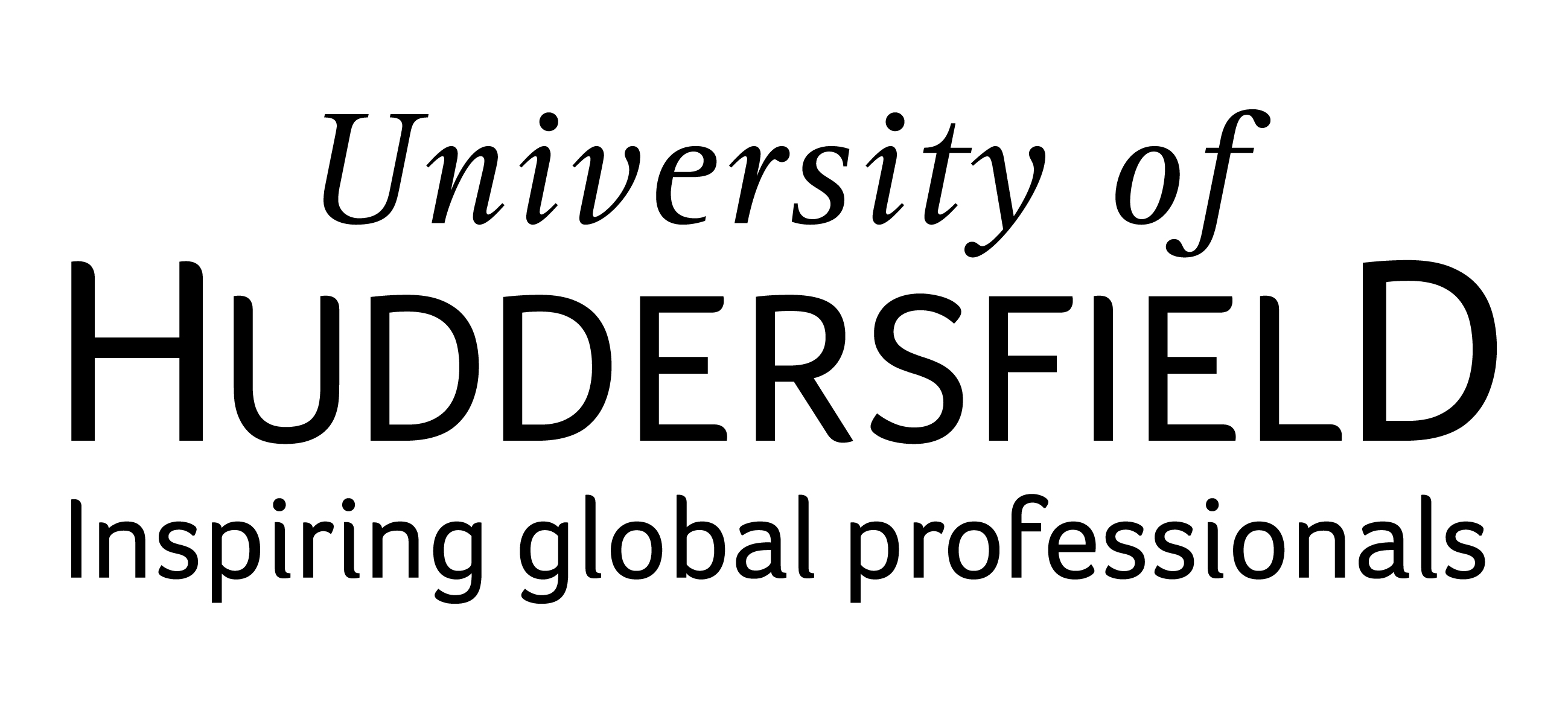Disclaimer
These principles were developed as part of a University of Huddersfield Teaching and Learning Project: Integrating Learning Development into the Student Experience (Hill and Tinker, 2013).
Integrated learning development requires collaboration of all those who are involved in the teaching and learning. This might include course leaders, module tutors, lecturers, learning developers, librarians, technicians, careers advisors and the students themselves, anyone who can contribute in providing the most effective learning experience for the student.
It is important to consider the whole course rather than individual modules and levels of study when integrating learning development. This ensures that development takes place at an appropriate stage, eliminates unnecessary repetition and that all relevant areas are covered.
Learning development should be incorporated at all levels of study progressively; it should also cater for different learning styles and needs.
Reflection is a crucial element in integrated learning development as it makes the development of skills explicit. It allows students to discover and articulate different aspects of their own learning process. It encourages them to acknowledge strengths but also to recognise areas for development and set short and long terms goals.
Learning takes place when students are actively engaged. Integrating learning development requires an innovative, activity-led approach to delivery which allows students not only to practise and develop skills but also the opportunity to develop as independent learners and critical thinkers.
Integrated learning development means providing students with the opportunity to develop abilities within the curriculum which are not only relevant to their academic work but also to their future careers.
Students should be given resources to develop their learning at the appropriate time. This means making space within the curriculum and acknowledging that it might be more beneficial to teach the student how to find facts rather than simply giving the facts.

